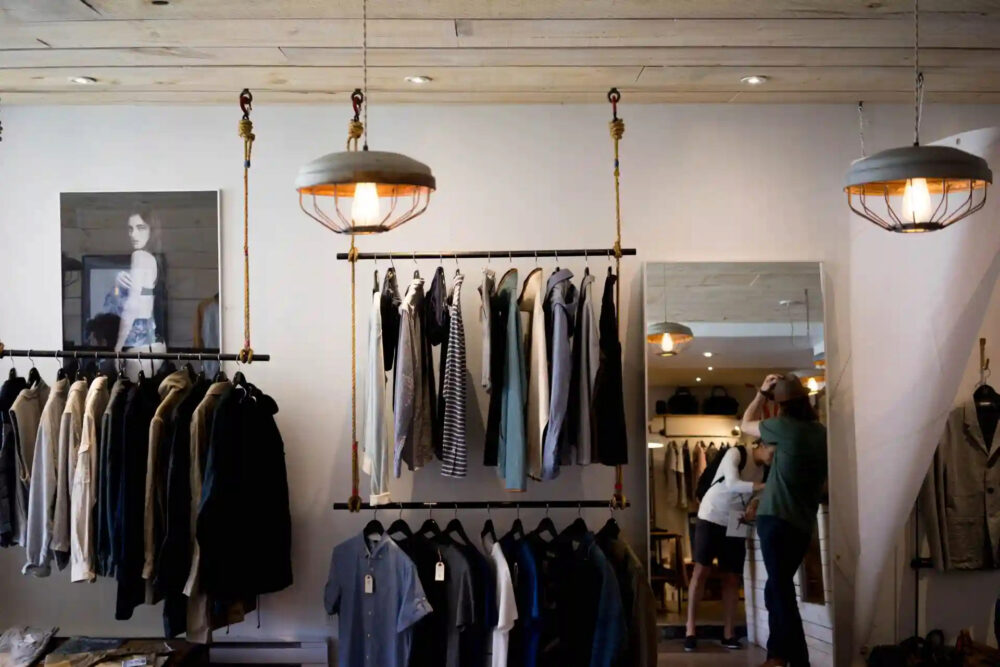Fashion has always been more than just clothes; it’s a powerful form of expression that reflects our identity, beliefs, and values. In recent years, clothing has also become a potent tool for political expression, with individuals and groups using fashion to make statements, raise awareness, and spark change on social and political issues. From protest T-shirts to symbolic accessories, fashion has the ability to amplify voices and ignite movements. In this blog post, we’ll explore the intersection of fashion and politics, examining how clothing can be used as a platform for activism and social change.
The Rise of Political Fashion
In today’s hyper-connected world, fashion has emerged as a prominent vehicle for political expression. Social media platforms like Instagram and Twitter have democratized fashion, allowing individuals to share their political beliefs and affiliations with a global audience. From celebrities to influencers to everyday people, fashion enthusiasts are using their clothing choices to make bold statements and challenge the status quo.
Protest Fashion: Making a Statement
One of the most visible forms of political fashion is protest clothing. T-shirts, hoodies, and accessories adorned with slogans, symbols, and imagery have become powerful tools for activists to convey their message and mobilize support for social and political causes. Whether it’s advocating for gender equality, racial justice, or environmental sustainability, protest fashion allows individuals to express their solidarity and amplify marginalized voices.
Symbolic Dressing: Signifying Solidarity
In addition to overtly political attire, symbolic dressing has also become prevalent in the realm of fashion and politics. Clothing and accessories adorned with symbols, colors, and motifs associated with specific movements or causes serve as visual cues of solidarity and support. For example, wearing a safety pin as a symbol of solidarity with marginalized communities or donning a pink pussy hat at a women’s rights march can signal allegiance to a particular cause and spark conversations about important social issues.
Fashion as Activism: Ethical and Sustainable Choices
Beyond protest clothing and symbolic dressing, fashion activism also encompasses ethical and sustainable fashion choices. As consumers become more aware of the environmental and social impacts of the fashion industry, there’s been a growing movement towards ethical and sustainable fashion practices. From supporting brands that prioritize fair labor practices to advocating for transparency and accountability in the supply chain, fashion activists are using their purchasing power to demand change and promote a more ethical and sustainable fashion industry.
Conclusion: The Power of Fashion to Drive Change
In conclusion, fashion has emerged as a powerful platform for political expression and activism. From protest clothing to symbolic dressing to ethical and sustainable fashion choices, individuals are harnessing the power of clothing to make statements, raise awareness, and spark change on social and political issues. In a world where every outfit is a potential political statement, fashion has the ability to amplify voices, challenge norms, and drive meaningful social change. So the next time you get dressed in the morning, remember that your clothing choices have the power to shape the world around you.
Fashion has long been intertwined with politics, serving as a platform for activism and social change. From protest clothing to symbolic dressing to ethical and sustainable fashion choices, individuals are using fashion to make statements, raise awareness, and drive meaningful change on social and political issues. Join the conversation and harness the power of fashion to spark change in your community and beyond.
